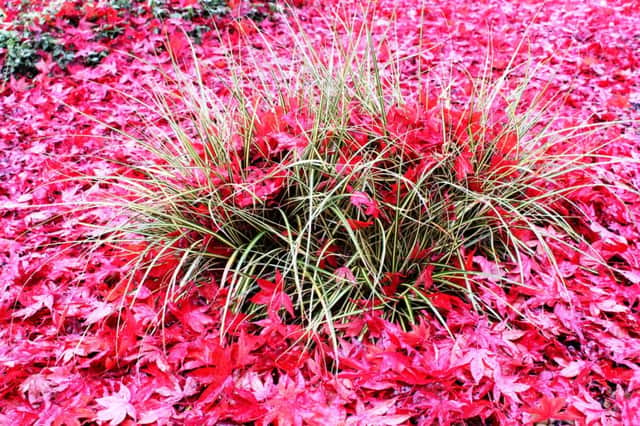Rake's progress


The British have discovered that oak tree leaves stick to each other, making them hard to manipulate and move, while horse chestnut leaves disintegrate very quickly and become stringy when wet, which means they stick like glue to paths and pavements.
And then there are the leaves of lime trees; these are liable to break down when they are wet, again making them hard to remove.
Advertisement
Hide AdAdvertisement
Hide AdSweet chestnut leaves rot down quickly when they are wet and stick to concrete and paving, not only making them look unattractive, but also making them slippery.
Walnut leaves are large, a fact that makes them a real pain when thousands fall in one garden, particularly on the lawn.
Leaves come in all shapes and sizes – and they all decay at different rates. The most troublesome tend to be those of common deciduous trees and, if they are not cleared up properly, they are the ones that year after year are most likely to cause problems.
Every gardener knows it’s best to turn leaves into compost and replenish the soil, but there’s no one-size-fits-all approach to leaf clearing and removal, which is why you’ve really got to know your beech from your hornbeam and your rowan from your ash if you’re to keep your garden tidy and prepare it for the winter.
Advertisement
Hide AdAdvertisement
Hide AdShredding is a good way to speed up the decomposition of tougher leaves such as horse chestnut and sweet chestnut while beech and oak are best for turning into compost, so stack them in a compost bin and turn them once or twice to aid decomposition.
And whatever you do with your leaves (and those from your next-door neighbours’ gardens) always try to clear them as often as possible to avoid an unmanageable build-up.